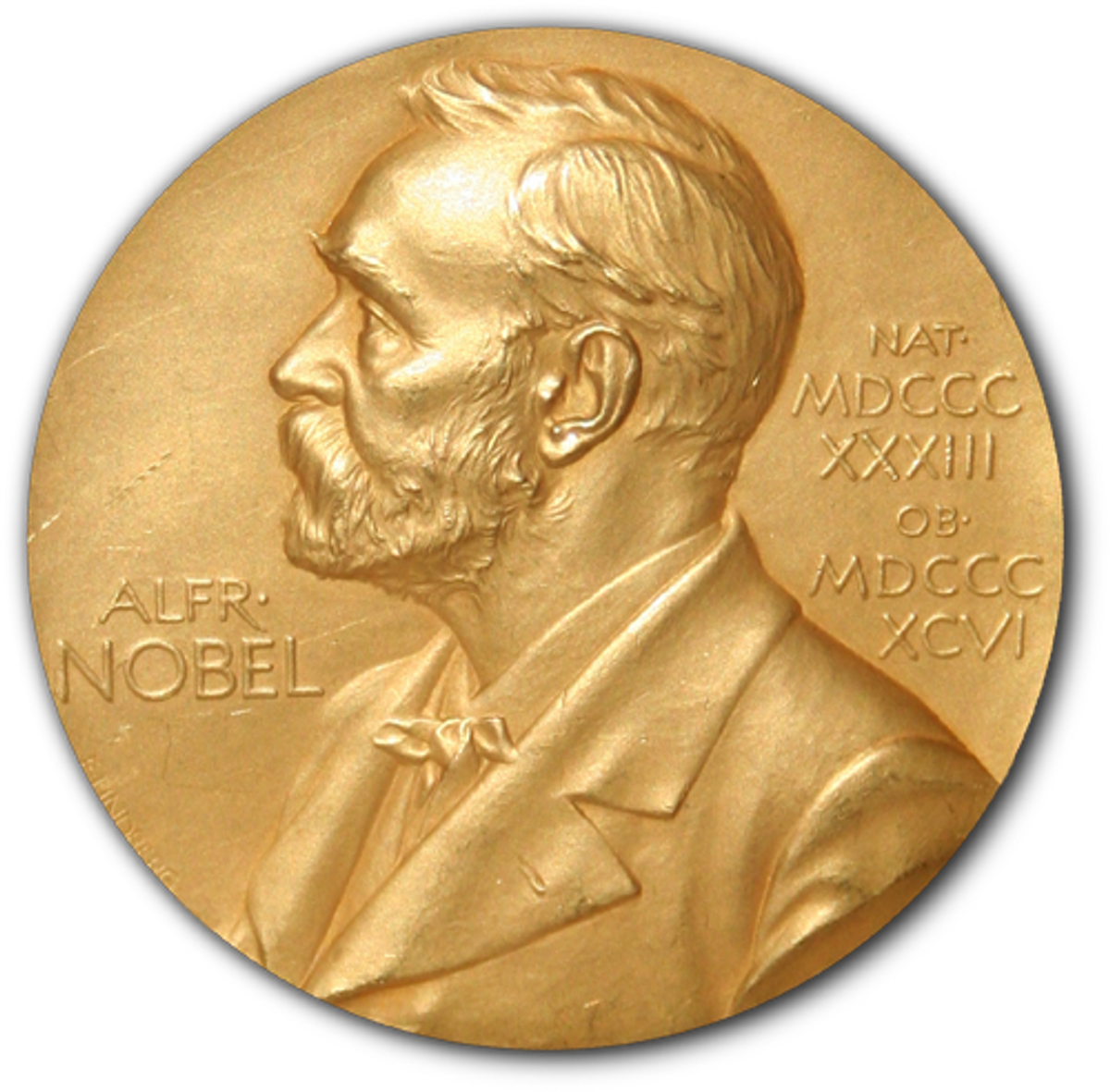Three astronomers from competing research teams were awarded the Nobel Prize in physics on Tuesday, honored for demonstrating that the expansion of the universe is accelerating.
Physicists have long known that the universe is expanding; it has been growing since the Big Bang, 14 billion years ago. What they didn’t know is how the universe would end: by expanding ever-outward, progressively cooling in a process called a “big rip,” or collapsing inward to a fiery death, the “big crunch.”
To determine which was the case, the rival teams independently looked at supernovae, or exploding stars, in distant galaxies, measuring their light over time to determine how quickly they were racing away from us. To do so, they needed an extremely sensitive, solid-state light sensor; that invention, called a charge-coupled device, earned two IEEE fellows the Nobel Prize in physics in 2009.
Sean Perlmutter began leading his astronomical team at the Lawrence Berkeley National Laboratory in 1988, and Brian Schmidt and Adam Riess led another that began work in 1994. Both teams expected to find that the expansion of the universe was slowing down. But in 1998, they published the same striking conclusion: It was actually speeding up.
About 50 of the exploding white dwarf stars observed by the teams appeared weaker than expected, indicating that they were racing away from us faster than anticipated. Now physicists believe that accelerating expansion is driven by dark energy, which is thought to make up 70 percent of the universe but is otherwise poorly understood.
The three laureates will share the prize of $1.4 million, with half going to Perlmutter of the Supernova Cosmology Project, and half to Schmidt and Riess of the High-Z Supernova Search Team. The prizes will be handed out in Stockholm on December 10, the anniversary of Alfred Nobel’s death in 1896.



